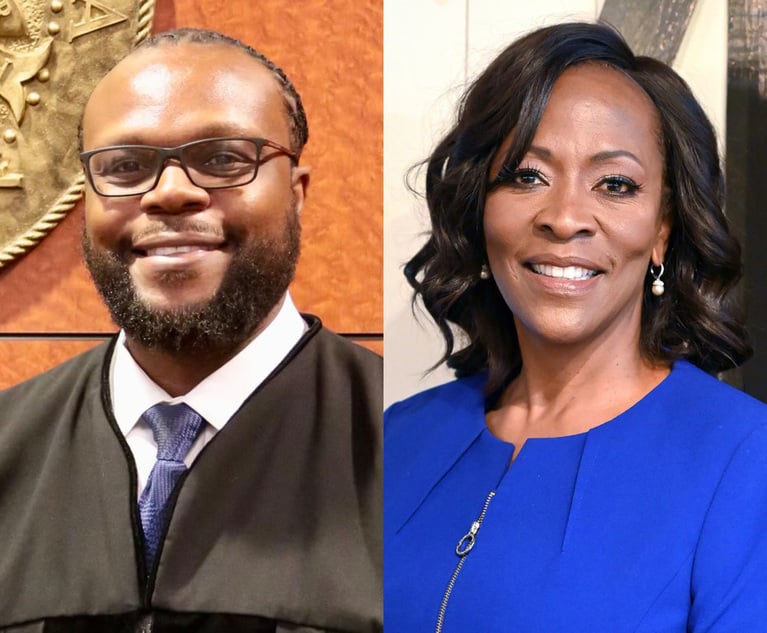A $1 million settlement, reached just days before a scheduled trial, averted further litigation in a case involving claims that a woman’s decision to loan her car to a friend after a night of hard partying led to a nasty head-on collision wreck that left a woman with multiple broken bones and permanent injuries.
The settlement last Friday obviated a DeKalb County trial set to begin Monday in which the lawyers for plaintiff Alice Ward were prepared to argue that the at-fault driver and the car’s owner “had been sitting around all night drinking and smoking a lot of pot,” said Buckley Beal partner Andrew Beal.


 Andrew Beal (left) and Nicholas Smith (Courtesy photos)
Andrew Beal (left) and Nicholas Smith (Courtesy photos)





